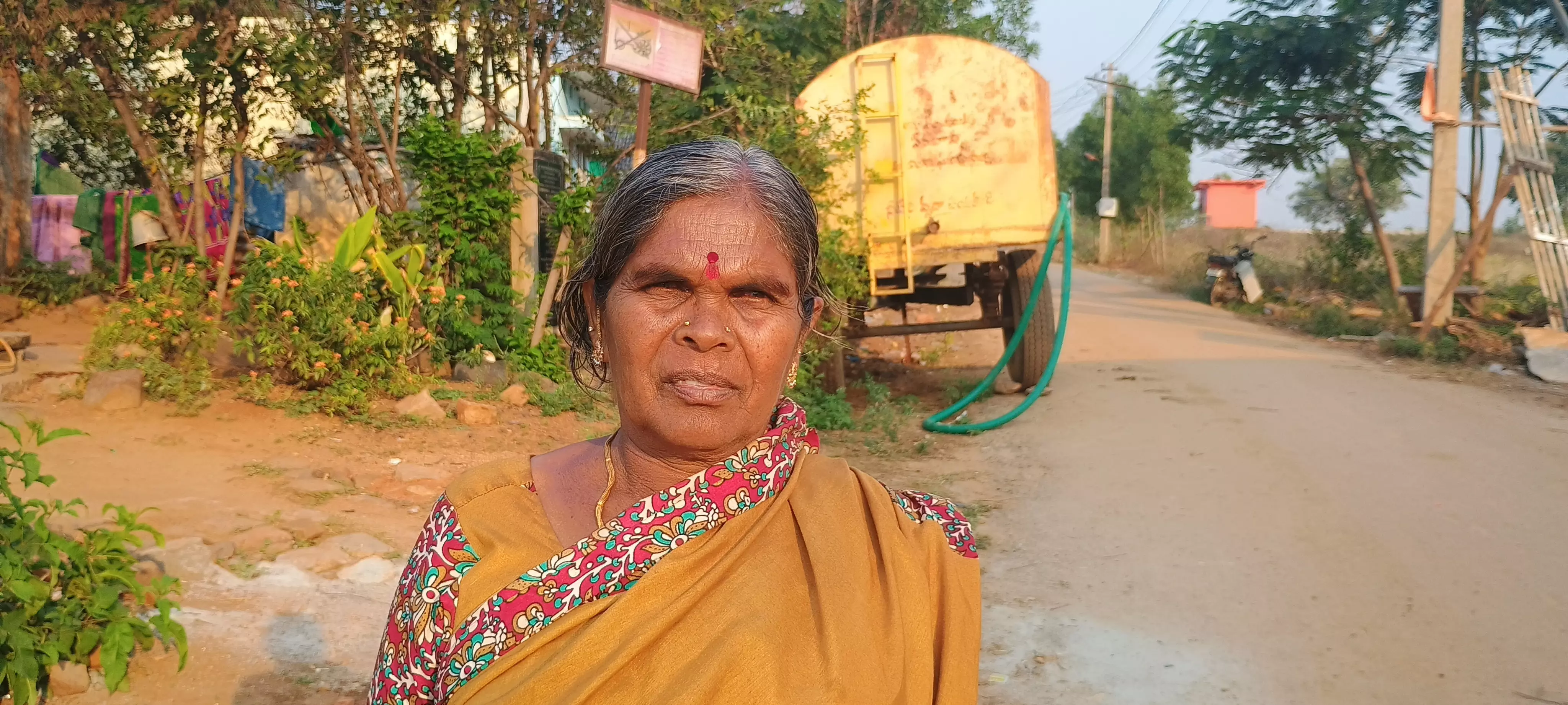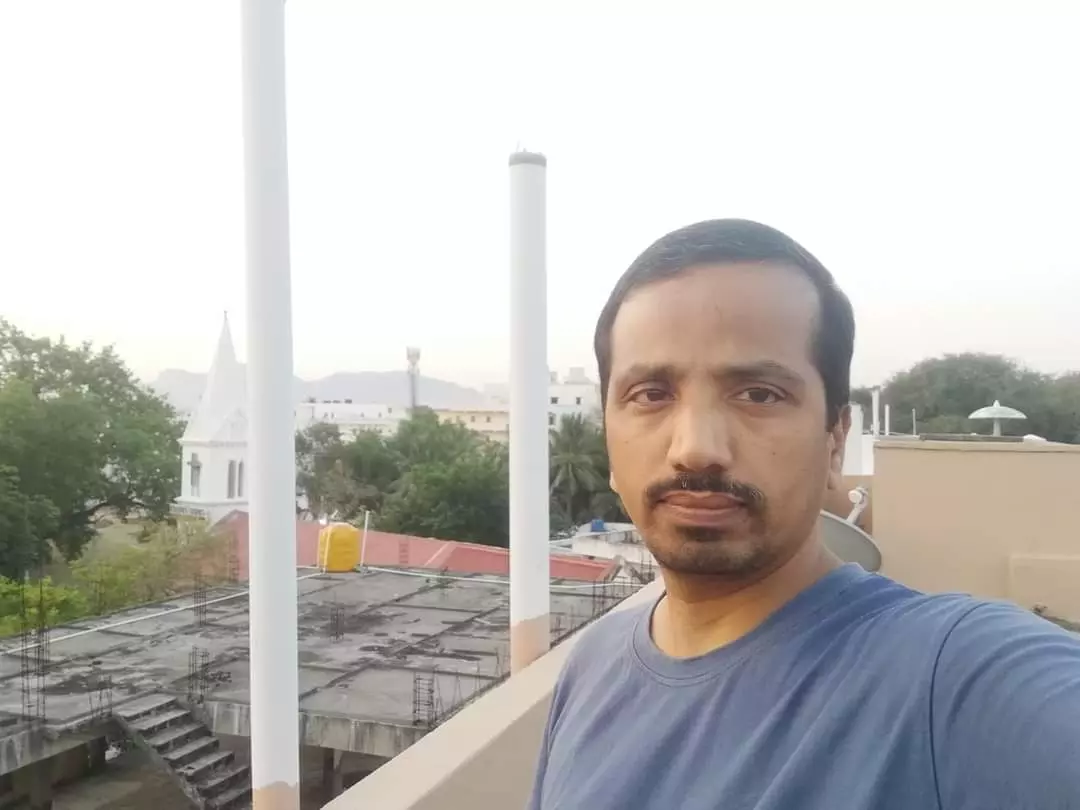Organic farmers in Enabavi rue lack of support

Hyderabad: Enabavi, known since 2006 as a “chemical free village,” has attracted visitors from Sri Lanka, Pakistan, and across India, as well as students and researchers keen on organic farming.
While the community takes pride in its success, farmers say they need technical assistance, proper certification, and market support to sustain their chemical-free methods.
“I have been farming sans chemicals for 18 years now,” says farmer E. Kistaiah. “We switched over to organic methods after seeing the side-effects of chemicals. The village is reaping the benefits of this now.”
He said the cattle population had increased manifold. “We even earn selling cow dung to other villages. We have taught techniques to hundreds of farmers,” Kistaiah said. He recalled Congress leader Jairam Ramesh donating `1 lakh during a visit.
However, farmers flag the lack of institutional support. Many rely on NGOs like CROPS and the Centre for Sustainable Agriculture (CSA), which first helped Enabavi battle the red hairy caterpillar with bonfires and light traps instead of chemicals.
But organic farming is not given importance in educational courses. “The training is on chemical-based agriculture,” says BSc (Ag) student S. Brinda. “We only had a chapter on organic farming.” The syllabus is given by Indian Council for Agriculture Research.
CSA director G.V. Ramanjaneyulu called for a policy shift: “There should be a shift in priorities of research, education, and extension.”
CSA’s Telangana coordinator, G. Yadava Reddy, highlights economic challenges: “Sustaining supply of organic products is a problem because of uncertainty in production. A weedicide costing Rs 1,000 would suffice for an acre, but using labour would cost Rs 5,000.”
Farmer E. Mahender’s experience reflected market uncertainties. “I have been continuing organic farming since 2004. Until 2009-10 we sold to Sahaja Aharam of the CSA and earned more than other villages. But they stopped sourcing from us.”
“Our paddy still has demand and buyers remain in touch directly. Productivity fell initially but has now grown to 25-28 quintals per acre. Assured buying is what we need,” Mahender said.
Women’s self-help groups (SHGs) promoted by Society for Elimination of Rural Poverty (SERP) played a critical role. “We have transformed our farming,” says farmer E. Anjamma. Another farmer, P. Siddulu, earns Rs 1 lakh, selling earthworms to other farmers.
CSA chief operating officer (CCO) Dr G. Rajasekhar urged the government to leverage Central initiatives like the National Mission for Natural Farming (NMNF).
“This will strengthen organisations like us. The state will benefit if it reduces chemical farming, as the Centre transfers savings under the PM Programme for Restoration, Awareness Generation, Nourishment, and Amelioration of Mother Earth,” Dr Rajasekhar said.

